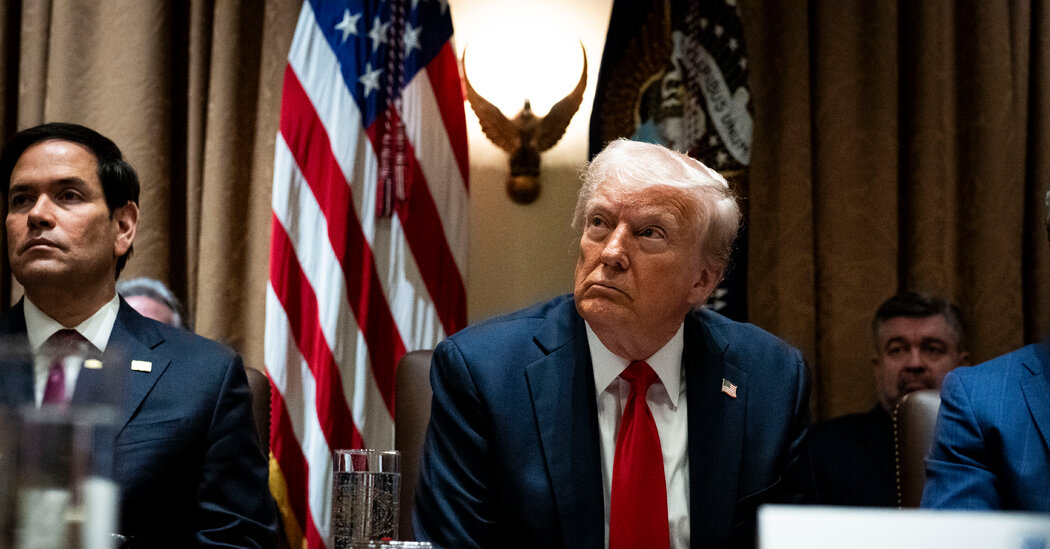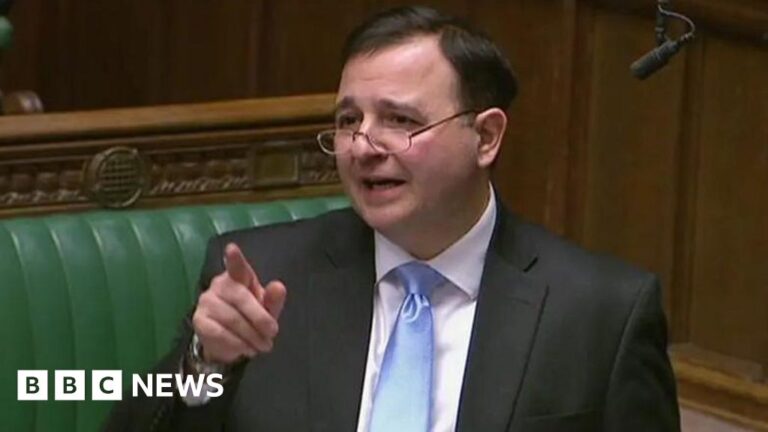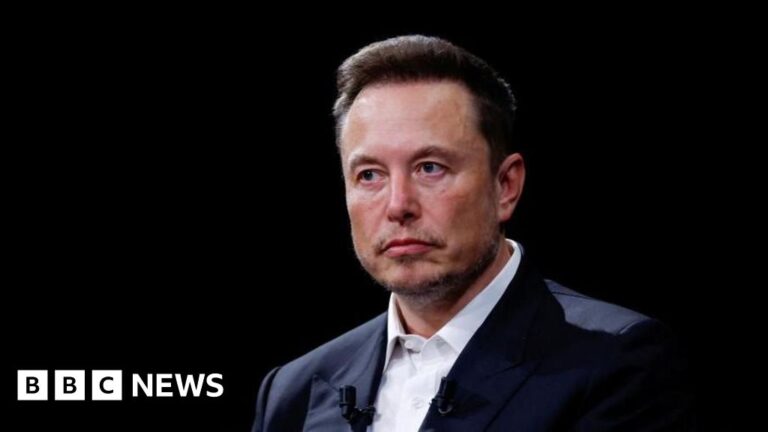Here is the plain text result:
During his first term in office, President Trump described the European Union as a foe, established to hurt the United States on trade. He repeated the charge at a cabinet meeting on Wednesday, but in more vulgar terms: “The European Union was formed in order to screw the United States. That’s the purpose of it, and they’ve done a good job of it.”
He said he was preparing to hit Europe with 25 percent tariffs on cars and other goods. After Mr. Trump’s embrace of Russia and his warnings that Europe had better fend for itself, the president’s latest attack added to the increasing view of European leaders and analysts that he and his team of loyalists consider America’s traditional allies in Europe as adversaries not just on trade, but on nearly everything.
Mr. Trump has rebuffed NATO and aligned himself with the longstanding, principal threat to the alliance: Russia. Vice President JD Vance has attacked European democracy while calling for the door to be opened to far-right parties. Elon Musk, the billionaire Trump aide, has heaped contempt on European leaders and openly endorsed an extremist party in Germany.
European leaders are scrambling to assess and mitigate the damage. The prime minister of Britain, Keir Starmer, arrives at the White House on Thursday—the second such visit this week, after President Emmanuel Macron of France—still hoping to persuade Mr. Trump not to abandon Ukraine and to remain engaged in Europe. But Mr. Trump describes himself as a disrupter, and Mr. Macron got little for his attempt at seduction.
Friedrich Merz, 69, the conservative politician likely to be Germany’s next chancellor, has expressed strong doubts about the trans-Atlantic relationship he and his country have been committed to for decades. “It is clear that the Americans, at least this part of the Americans, this administration, are largely indifferent to the fate of Europe,” he said. “My absolute priority will be to strengthen Europe as quickly as possible so that, step by step, we can really achieve independence from the USA.”
He wondered whether the American nuclear umbrella over NATO would remain—and even whether the alliance itself would continue to exist. “My very existence as a politician is at stake here,” he said. “If I allow the Americans to destroy the transatlantic alliance, I would be ashamed to show my face in public again.”
Source link




